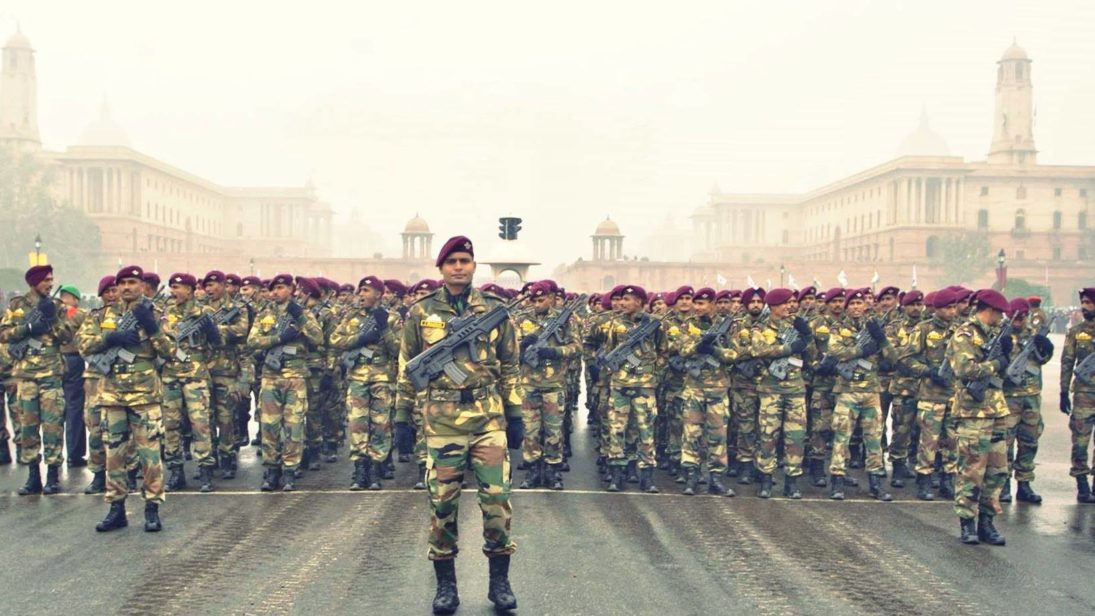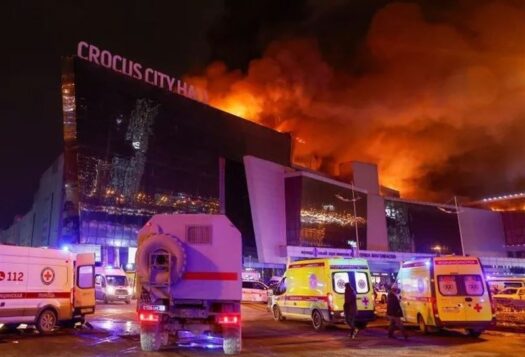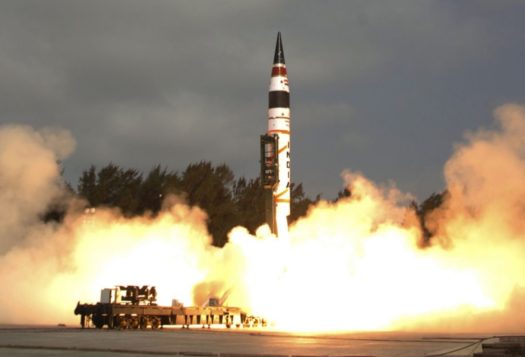
Last month’s Uri attack and India’s subsequent surgical strikes in retaliation have provoked a heated debate in both India and Pakistan. SAV contributor Rabia Akhtar, in her recent article “Uri: What Next?”, argued: “India has won the UNGA stage for it utilized the [Uri] incident to shift the world’s attention from its atrocities and brutal killings in Kashmir.” However, calling India’s surgical strikes across the Line of Control (LoC) an attempt at deflecting attention from human rights issues in Kashmir is a misrepresentation of the bigger picture—the problem of terrorism.
India has been facing attacks on its soil in Kashmir from two elements: Kashmiri separatists, and from terrorists using Pakistan as their launch pad. Undeniably, police and military repression in Kashmir is wrong. But the argument that India used the Uri attack to divert attention sidelines the threat that terrorism poses to the people of both countries.
The September 29 surgical strikes were not a knee-jerk reaction by the Indian establishment. Uri is not the first time that terrorists from Pakistan launched an attack on Indian soil. Ajmal Kasab, responsible for the 2008 Mumbai attacks, was a Pakistani and member of banned organization Lashkar-e-Taiba (LeT). The mastermind of the attack, Hafiz Saeed, still roams free in Pakistan. This is despite the fact that the United Nations and several countries like India and the United States have designated LeT as a terrorist organization. That brings us to another point that the article did not raise. Worrying about human rights violations in Kashmir is understandable as well as appreciable, but shouldn’t Pakistan be more concerned about terrorist camps within its territory? Citizens of Pakistan have themselves been victims of Pakistan-based terror groups.
Furthermore, Islamabad’s denial that any such surgical attack happened raises eyebrows—did Pakistan not know that there were terrorists hiding so close to the LoC? Or were they dumbstruck that the Indian armed forces, disregarding the strategic restraint posture, crossed the LoC to kill terrorists? According to a 2015 Congressional Research Service report, most-wanted criminals such as Al Qaeda chief Ayman al-Zawahiri and the Haqqani network’s leader Sirajuddin Haqqani are believed to be in Pakistan.
The core question that Akhtar asks is: What if Uri 2.0 happens? Well, no one can deny the possibility of such an attack recurring, but India’s response in the form of surgical strikes has made two things clear: one, India will not remain silent every time its soldiers or its land is attacked. And second, it has the capability and capacity to track down the sources of terrorism, go after them, and execute the terrorists in a well-planned operation, even if they are across the border. The same Indian statement announcing the surgical strikes that Akhtar deconstructed also mentions that India has “no plans for further continuation” but is “fully prepared for any contingency that may arise.”
In the backdrop of the Baramulla army camp attack and subsequent cross-border firing between the armies of India and Pakistan, Akhtar argues that “there is no use of blaming Pakistan for this recent attack.” However, Islamabad needs to do some introspection about its security policies, as time and again proliferators of terrorism are found on its land.
Indian External Affairs Minister Sushma Swaraj recently said at the United Nations General Assembly that countries should come together to fight the scourge of terrorism. It goes without saying that she had Pakistan in mind. New Delhi does recognize the problem in Kashmir, but it is a complex situation. The Kashmiri struggle is an armed one that has led to the death of innocent local civilians as well as army and police personnel. Adding to the volatile situation are continuous attacks from across the LoC. It would be duplicity on the part of Islamabad to call out New Delhi for human rights violations when it has provided space to terror groups to hide/operate within its territory. Instead of name-calling, the countries should come together to counter the threat of terrorism that is sabotaging the peace and prosperity of people living in India and Pakistan.
***


